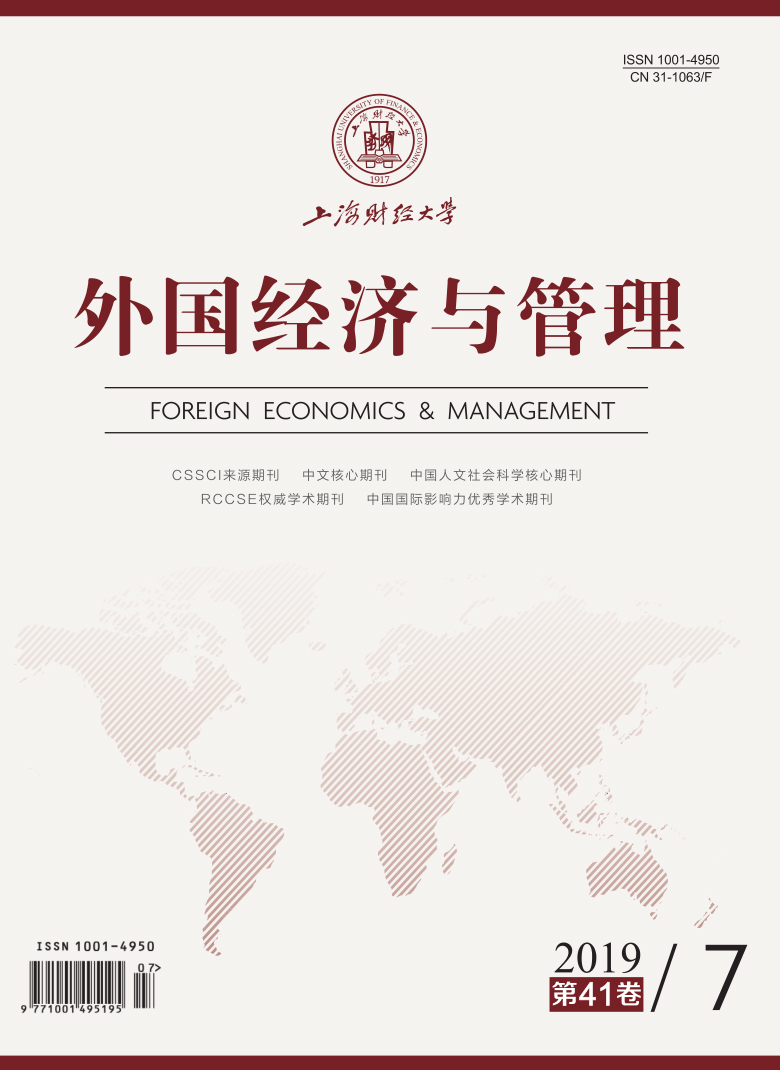The advent of online platform labor, which arises from platform economy in Web2.0 era, has become the most appealing change with regard to the employment mode and labor organization in digital era. In practice, because of different work content and operation modes, online platform labor has been given different names, such as cloud work, crowdwork, gig worker, Uberization, etc. In recent years, based on the theoretical perspectives from different disciplines such as labor economics, political economy of communications, sociology and computer science, a great deal of exploratory researches have been made regarding online platform labor and thus some preliminary understandings of its new forms and new features have been achieved.
In essence, online platform labor can be recognized as a kind of new labor, which is premised on information and communication technology, mediated through the internet platform, digitally carried out by algorithms, and finally realizes exact match-making of labor on demand and intelligentized management of labor process. From the perspectives of the economics of two-sided markets, this paper fully elaborates contractual features of online platform labor, addresses main challenges to labor relationship management, outlines possible ways for improving online labor platform governance, and identifies some significant themes and weakness in the research on online platform labor, in order to provide some helpful reference and guidance for enriching future research in the Chinese context.
In sum, the main conclusions are as follows: In contrast to traditional wage labor, the management of online platform labor relationship has demonstrated novel institutional features, of which the most important ones are two-sidedness of the online work platform market, de-mutuality of labor contracting, algorithmic management of labor process and digital reputation mechanism. On the one hand, the development of online platform labor has opened up new space for the allocation of human resources and enhanced employment flexibility, employment inclusiveness and work autonomy in digital era. But on the other hand, together with the institutional evolution of the replacement of wage labor by labor service contract, it has also presented challenges of " decent work deficit” for labor relationship management, of which the most serious ones are weakening of labor bargaining power and thus lacking proper labor rights protection.
In general, it is vital for the sustainable development of labor platform economy to enhance employment fairness and work dignity. The fundamental move is to construct and improve the labor platform governance mechanism, which should be some kind of multilevel, collaborative governance system. In such governance system, the platform’s self-regulation, laborers’ self-organization and government regulation should be operated efficiently and coordinately, in order to enhance the two-sided interaction equitably and rationally.





 4929
4929  9404
9404

